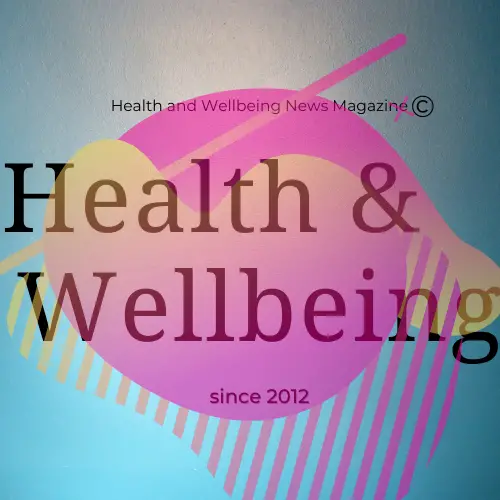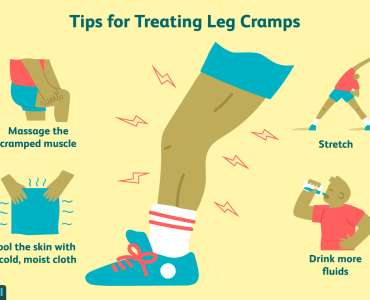Addiction to drugs, alcohol, and cigarettes is a pervasive issue that permeates societies worldwide. It’s a complex interplay of biological, psychological, and sociocultural factors that ensnare individuals, leading to detrimental consequences for their health, relationships, and overall well-being. As we delve into the depths of addiction, it’s imperative to explore the myriad questions that surround this multifaceted phenomenon.
What Causes Addiction?
Addiction stems from a convergence of genetic predispositions, environmental influences, and neurobiological alterations within the brain. Genetic variations can increase susceptibility to addiction, while environmental factors such as stress, trauma, and peer pressure play pivotal roles in its development. Additionally, addictive substances hijack the brain’s reward circuitry, inducing euphoria and reinforcing compulsive drug-seeking behaviors.
How Do Drugs Affect the Brain?
Drugs exert profound effects on neurotransmitter systems, disrupting normal brain function and impairing cognitive processes. For instance, substances like cocaine and methamphetamine elevate dopamine levels, creating intense feelings of pleasure and euphoria. Prolonged drug use can lead to neuroadaptations, diminishing the brain’s ability to experience pleasure from natural rewards and perpetuating the cycle of addiction.
Is Addiction a Choice or a Disease?

While initial substance use may involve volitional behavior, addiction fundamentally alters brain chemistry and impairs decision-making capabilities. The American Society of Addiction Medicine characterizes addiction as a chronic, relapsing brain disorder characterized by compulsive drug seeking and use despite adverse consequences. Viewing addiction through a lens of morality or choice undermines the biological underpinnings of the disorder and impedes efforts to provide effective treatment and support.
Can Addiction Be Prevented?
Preventive efforts encompass a spectrum of interventions targeting individuals, families, communities, and policies. Educational initiatives aimed at raising awareness about the risks of substance abuse and promoting healthy coping strategies can empower individuals to make informed decisions. Moreover, implementing stringent regulations on advertising, taxation, and availability of addictive substances can mitigate their accessibility and reduce rates of initiation.
What Treatment Options Are Available for Addiction?
Treatment approaches for addiction encompass pharmacotherapy, behavioral interventions, and holistic modalities aimed at addressing the physical, psychological, and social aspects of the disorder. Medications such as methadone and buprenorphine help alleviate withdrawal symptoms and cravings in individuals with opioid addiction. Behavioral therapies like cognitive-behavioral therapy (CBT) and motivational interviewing equip individuals with coping skills and strategies to resist triggers and maintain sobriety.
Why Do People Relapse?
Relapse is a common facet of addiction recovery, often attributed to a multitude of factors including stress, environmental cues, and underlying psychological issues. The chronic nature of addiction predisposes individuals to periods of vulnerability, necessitating ongoing support and relapse prevention strategies. Understanding triggers and implementing personalized relapse prevention plans can bolster resilience and fortify long-term recovery efforts.
What Are the Societal Implications of Addiction?
The ripple effects of addiction extend far beyond individual sufferers, permeating families, communities, and economies. Substance abuse contributes to increased rates of crime, unemployment, and healthcare expenditures, exerting a substantial burden on societal resources. Furthermore, stigmatization and discrimination against individuals grappling with addiction perpetuate cycles of shame and hinder access to treatment and support services.
Conclusion
Addiction to drugs, alcohol, and cigarettes embodies a multifaceted confluence of biological, psychological, and sociocultural factors. By elucidating the complexities of addiction and addressing pertinent questions, we can foster greater empathy, awareness, and effective interventions to combat this pervasive public health crisis. Through collaborative efforts spanning research, policy, and community engagement, we can strive towards a future where individuals afflicted by addiction find hope, healing, and renewed purpose.





